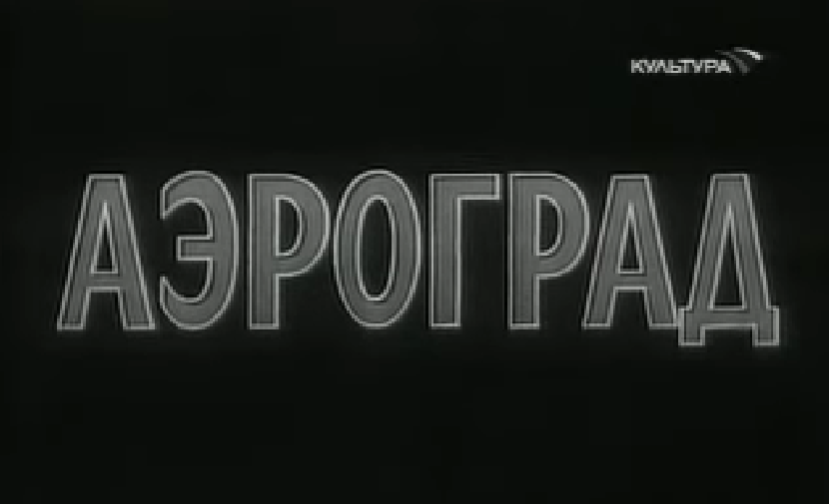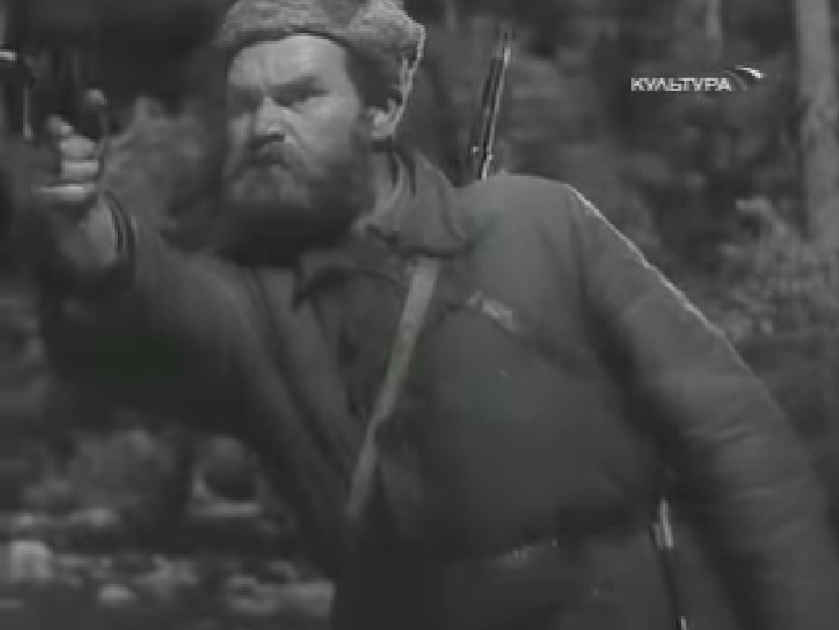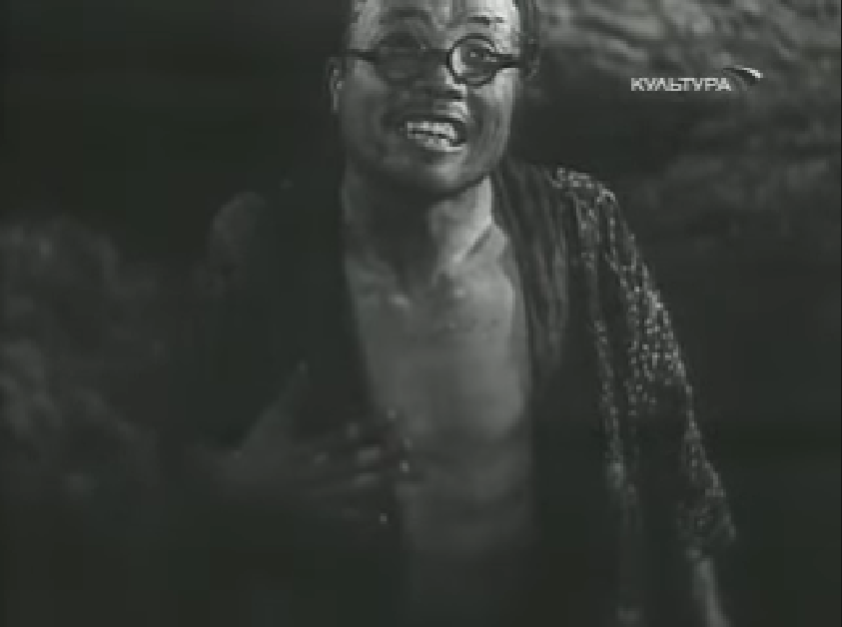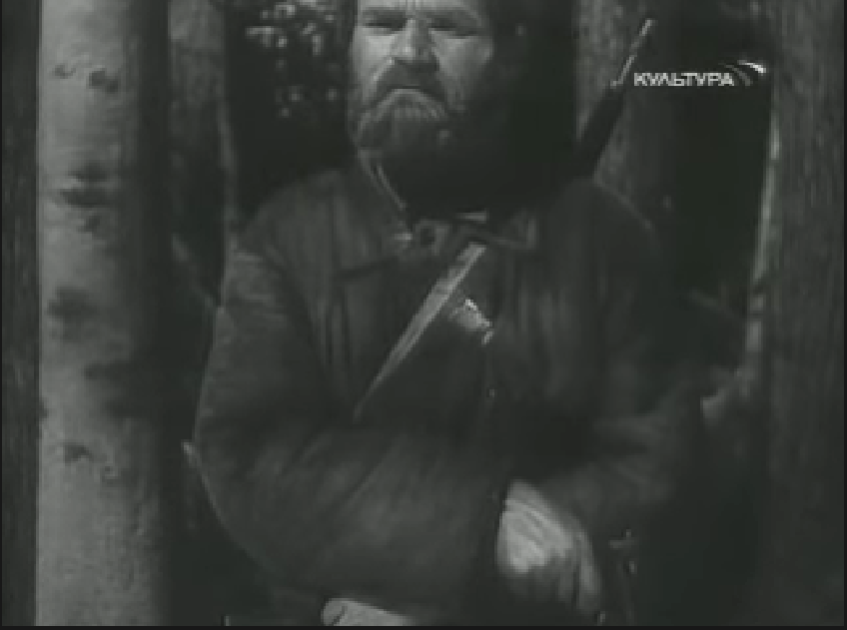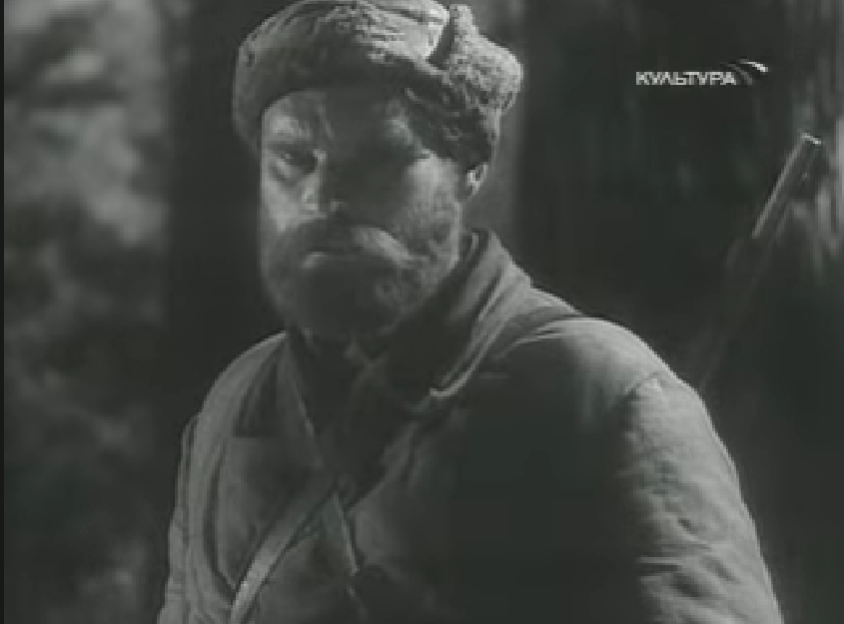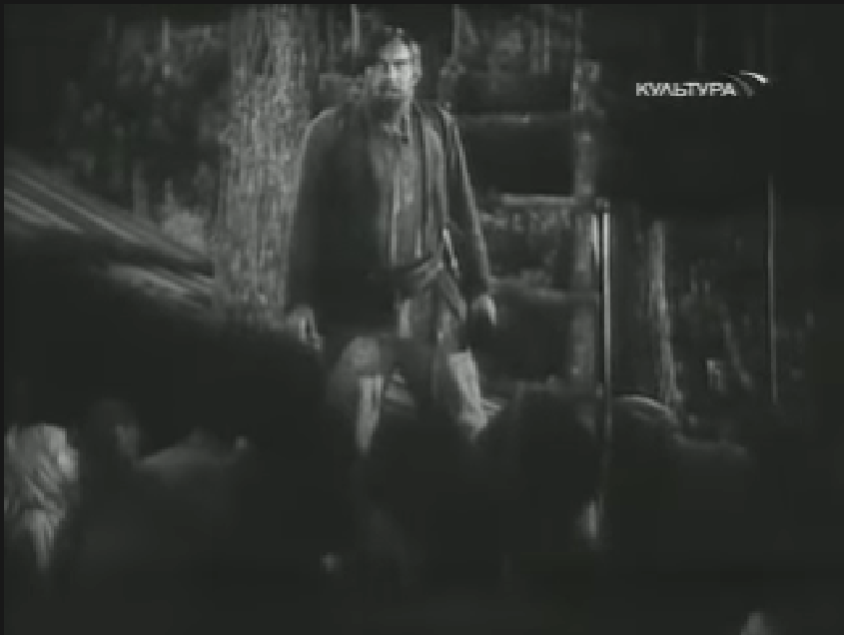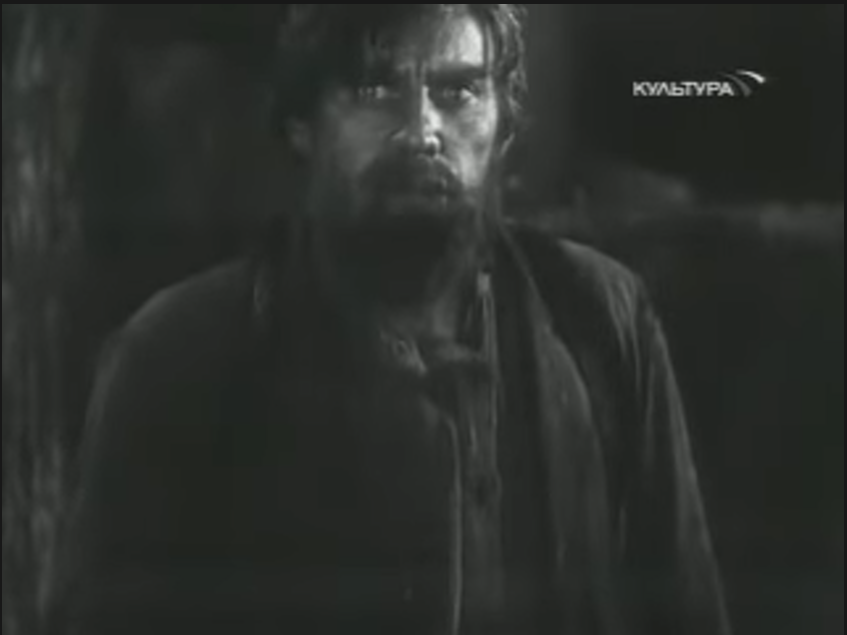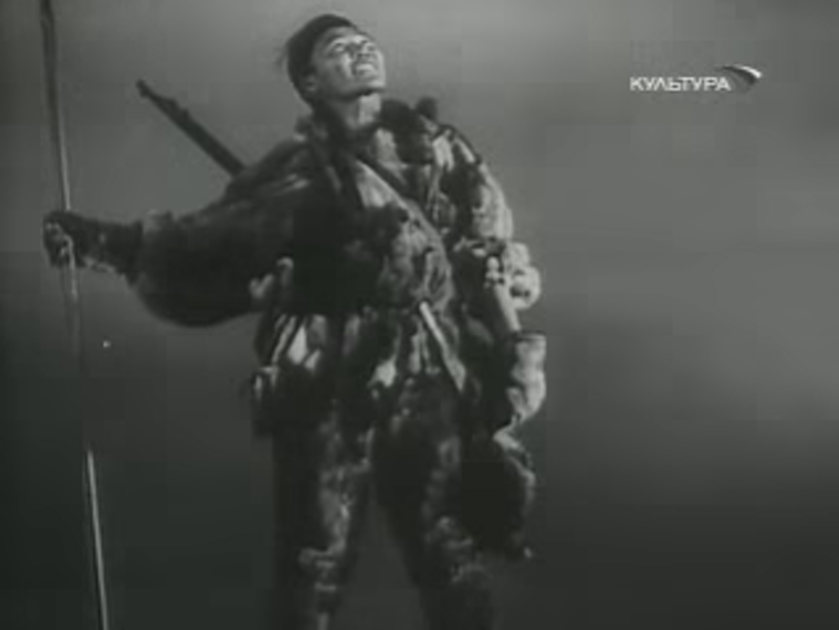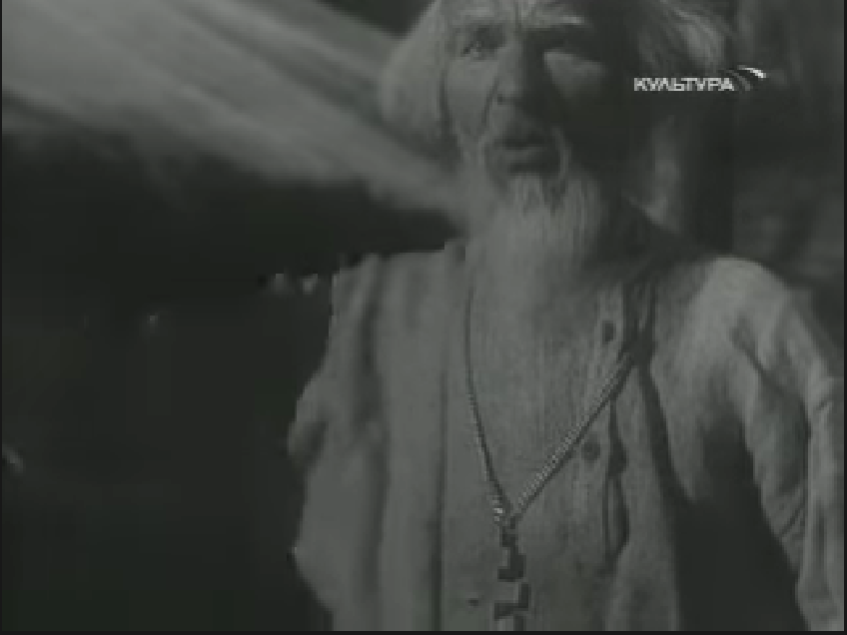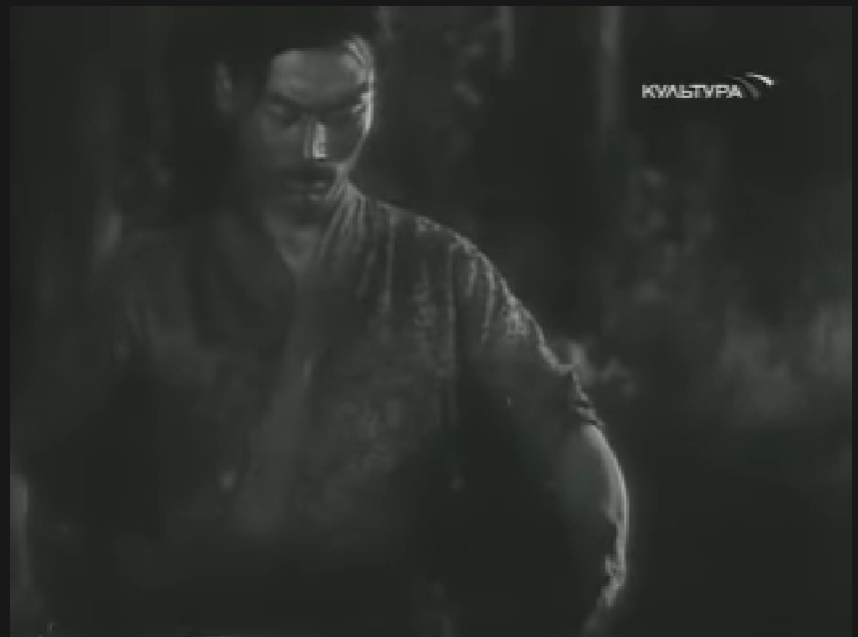-
#495 – Aerograd (1935)
Aerograd (1935)
Film review #495
Director: Aleksandr Dovzhenko
SYNOPSIS: In eastern Siberia, a remote village is under threat from Japanese invasion, as well as the Soviet army planning to build Aerograd, a city of the future in the area. Stepan Glushak, a resident of the village and renowned soldier, must embark on a mission to protect his village.
THOUGHTS/ANALYSIS: Aerograd (Also called Frontier) is a 1935 soviet film. The film centres around a remote village in Eastern Siberia, which is caught in between Japanese invaders, and the building of a new modern town called Aerograd under construction by the soviet army. Stepan Glushak, who was born in the village, returns to tell them of the new town, but is met with resistance by the superstitious locals, who fear change. The plot of the film is pretty threadbare: as with most soviet films from the time, this is nearly all just propaganda. There are numerous, extended speeches glorifying the red army, and songs singing its praises to the footage of fleet of soviet aircraft. Stepan tries to convince the residents of the village not to fear the soviet union, but they are sceptical, God-fearing people who fear change. It’s a simple premise, but one you can easily understand, and offers a solid base to sing the praises of the red army as they take out the invading Japanese forces.
The characters are fairly one-dimensional and uninspiring: Stepan embodies the soviet cause, and is the stoic, burly and heroic male lead. The residents of the village by contrast are portrayed as superstitious, irrational and old-fashioned in their fear of the red army. The Japanese, likewise, are overly-emotional and overacting to make them seen as different as possible. The Japanese soldiers are referred to as “Samurai,” even though they don’t have the traditional samurai armour or attire. I wonder if that’s a misconception that all Japanese soldiers are samurai that was held back then, but I can’t be sure. Either way, the purpose of the film definitely is not to accurately represent Japanese culture.
The cinematography of the film is perhaps it’s strongest point. There’s lots of expansive shots of the Siberian wilderness: a place that very few people would have seen on film or in person at that time. The cuts between cameras within scenes is also smooth and well done, particularly considering the scenes shot outdoors, and done when most scenes only consisted of a single camera. The footage also of fleet of airplanes, including being film from the planes themselves, is also quite well done. It’s difficult with these sorts of films to get to any kind of message the film has underneath all of it’s state-mandatory propaganda, and Aerograd is no exception. There’s some opinion that there’s some anti-Soviet sentiments that are hidden underneath the surface, but again, it is very difficult to make out. You could argue that the whole situation of Stepan abandoning his village for the glory of the Soviet Union paints him as a villain, and that certain moments of hesitancy regarding him killing his childhood friend open up a space within which things can be questioned by the viewer, but it is all very slight, and nothing concrete (but that would be by design, as any more obvious anti-Soviet sentiment would not have made it to film). It’s perhaps pretty easy to dismiss any Soviet Cinema as being simply propaganda, but there’s still plenty of decent films from the era that have a decent story etc., but I don’t think Aerograd is one of them.
